For years, Apple has been pushing the same approach to its native apps, which it only improves with the arrival of new operating systems. So, if we need any of their repairs or improvements, then we simply have to wait for the entire system to be updated. However, ordinary apps are completely different, and their developers can move them forward practically at any time and immediately. The specific software is then automatically updated for apple growers directly from the App Store. Apple growers themselves have been hesitating about this approach for years.
It could be interest you
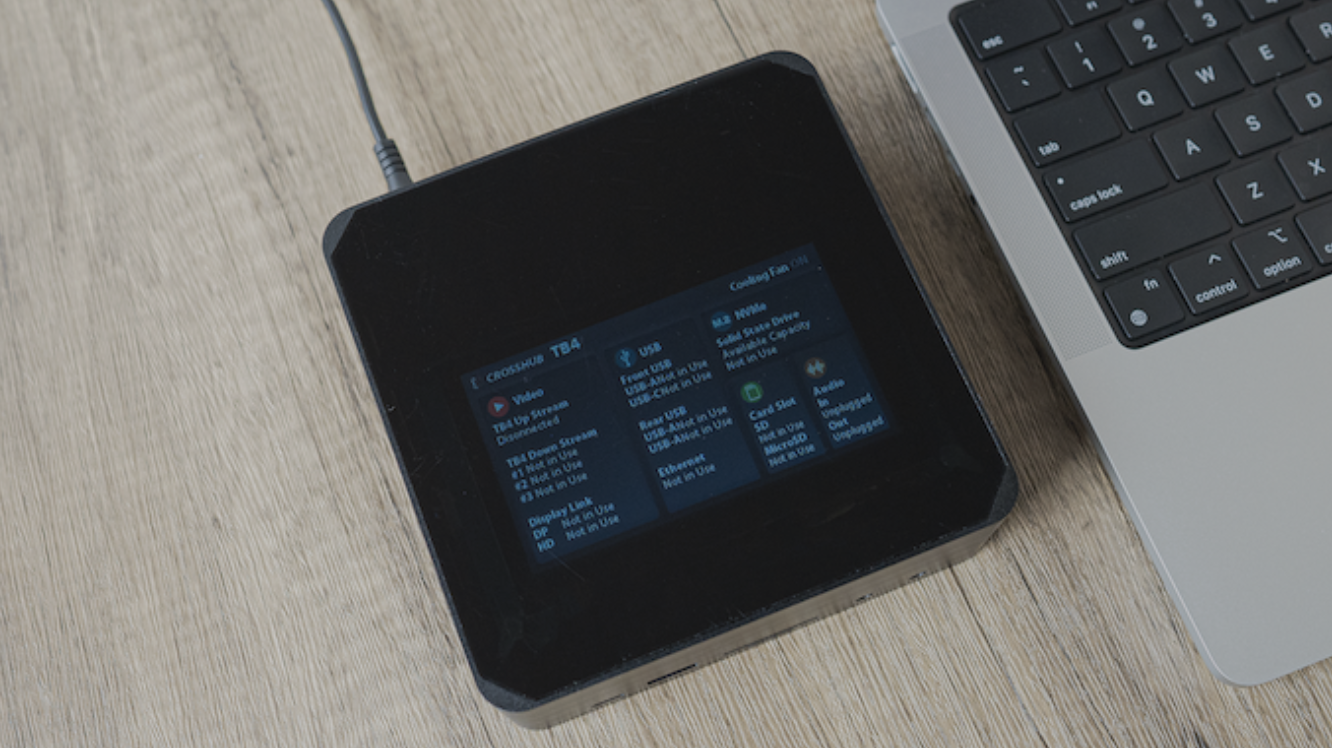
The question is whether it would not be better to approach native applications in the same way and always update them directly from the App Store, without users having to wait a year for the arrival of potential news. At the same time, the Cupertino giant would have more control over its software. If, for example, an error were to appear, he could provide its correction almost immediately, without having to "force" the user to update the entire system. But there is also one fundamental catch, due to which we will probably not see this change.
Why does Apple update apps once a year?
So let's shed some light on the essential, or why Apple brings improvements to its native applications only once a year, always together with the arrival of a new version of the iOS/iPadOS operating system. In the end, it's quite simple. According to some reports, Apple systems are simply designed this way. Apple benefits from a great interweaving of hardware and software, with native apps being strongly tied to the operating system itself, and therefore their updates must be approached in this way.
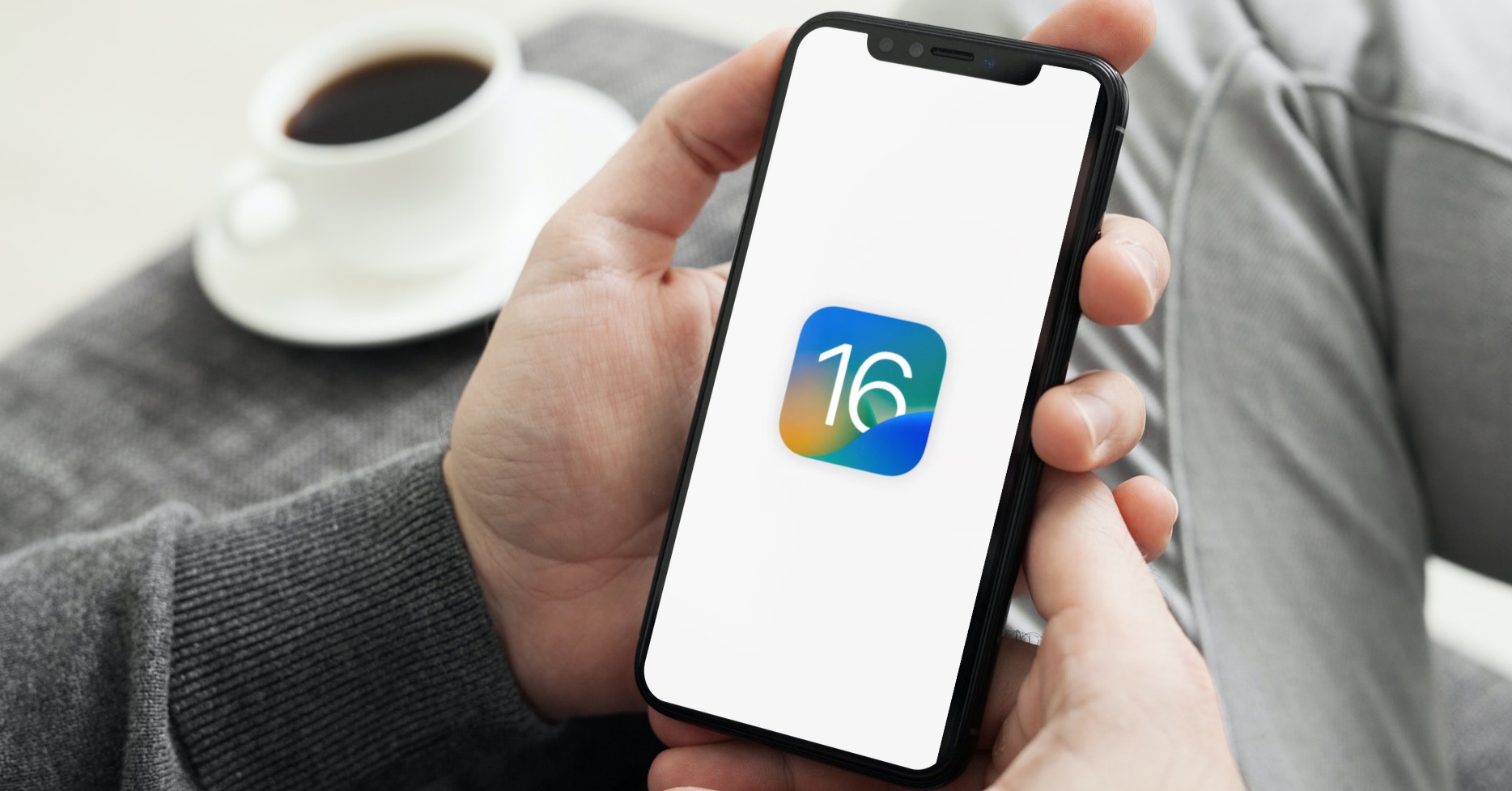
On the other hand, such an answer may not satisfy everyone. Some apple growers hold the opposite opinion and believe that it is pure calculation on the part of the apple company. According to them, Apple uses this approach only so that once a year Apple users can include a bunch of new features and pack them into a new version of the operating system, thereby luring users to possible news and presenting them in great glory. After all, this would go hand in hand with the WWDC developer conferences, on the occasion of which new systems are introduced. This event always attracts a lot of attention, which is why it is in Apple's best interest to show itself in the best light in front of others and show off a number of potentially novelties.
If we relate this theory to the expected iOS 16 system, we will see several novelties that theoretically could have come independently. In that case, it would be a shared iCloud photo library (Photos), the ability to edit/unsend messages (iMessages), improved search, the ability to schedule emails, reminders and preview links (Mail), improved native Maps, or a redesigned app Household. But we would find quite a few such news. It clearly follows that if Apple were to update them separately via the App Store, then it would have practically nothing to talk about at its WWDC conferences.
Change is unlikely to come
When we think about it, it's more or less clear that we won't see a change in attitude just like that. In a way, this is a long-established tradition and it would not make sense to suddenly change it - although a different approach could make many things easier for us. Are you satisfied with the current approach, where we get several new releases once a year, or would you prefer to update them individually directly via the App Store?
It could be interest you

 Adam Kos
Adam Kos 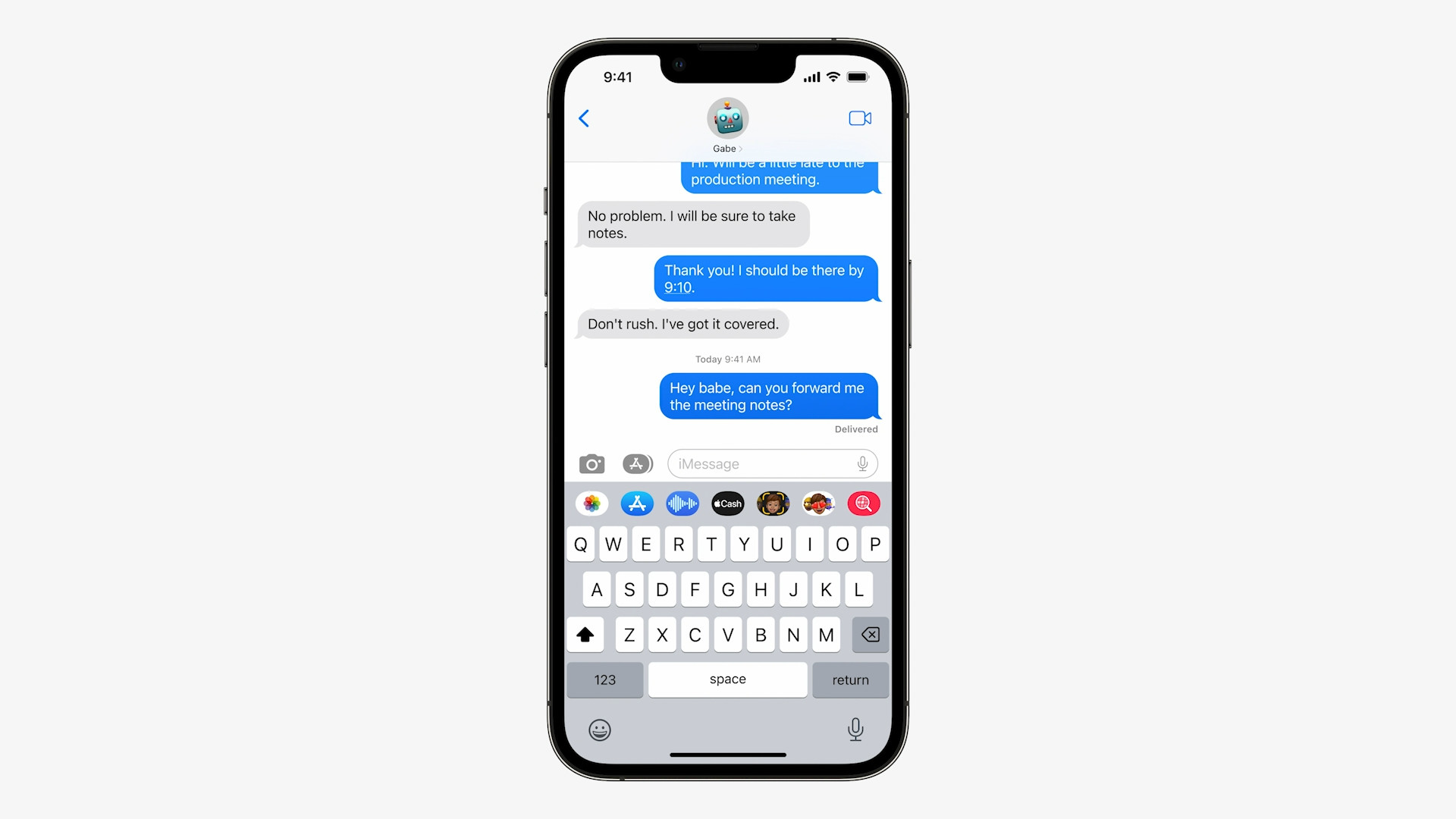
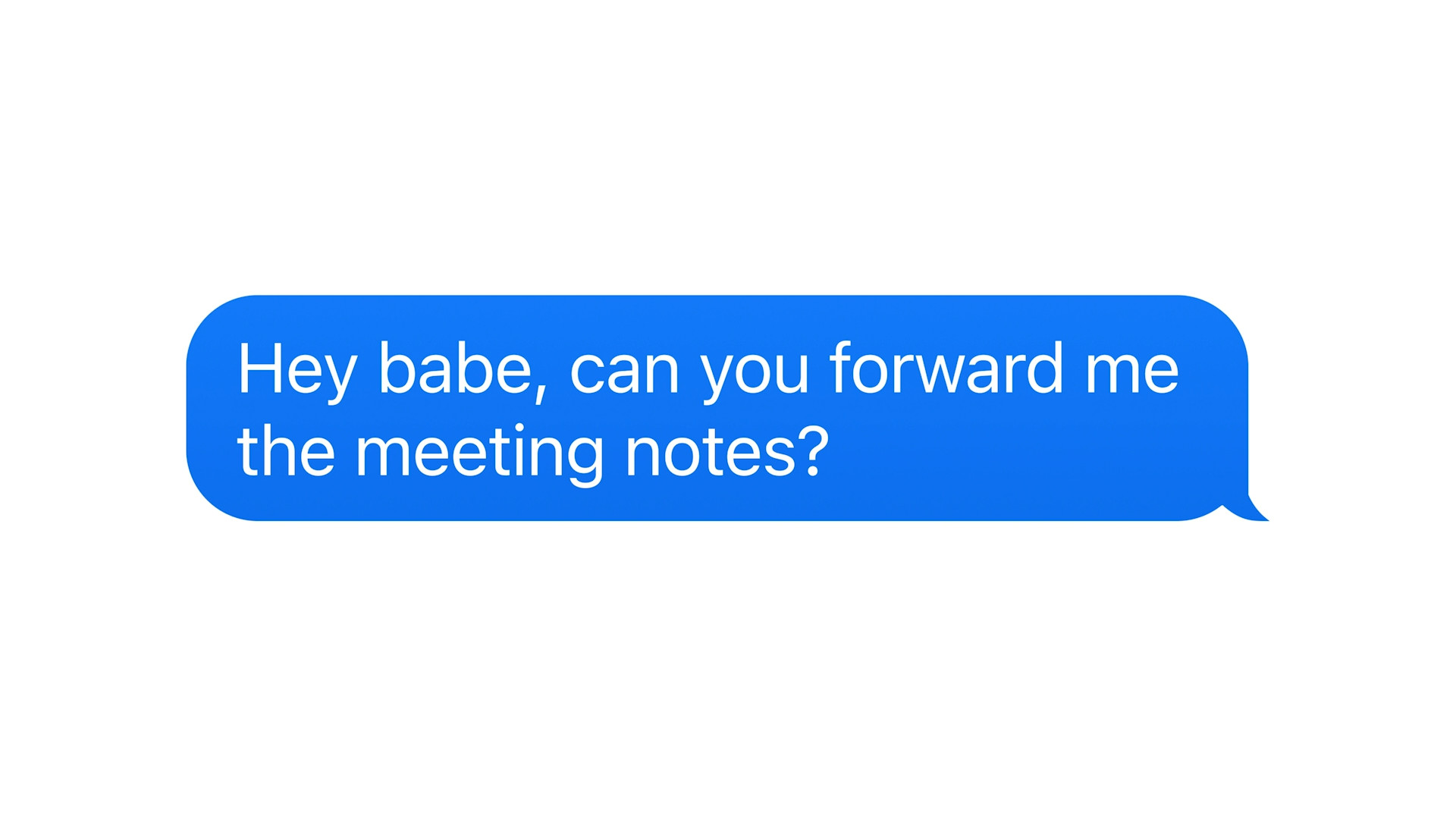

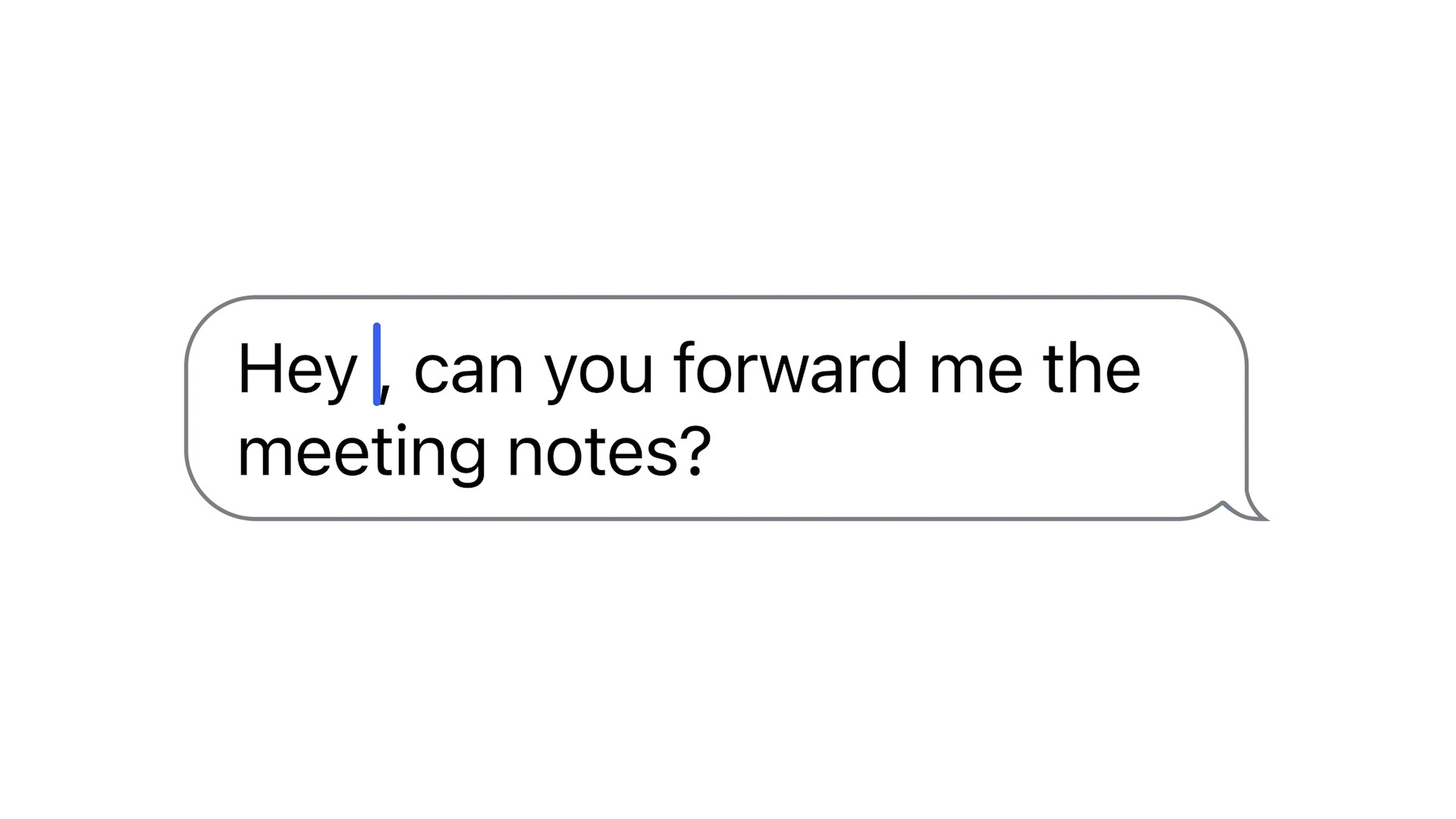

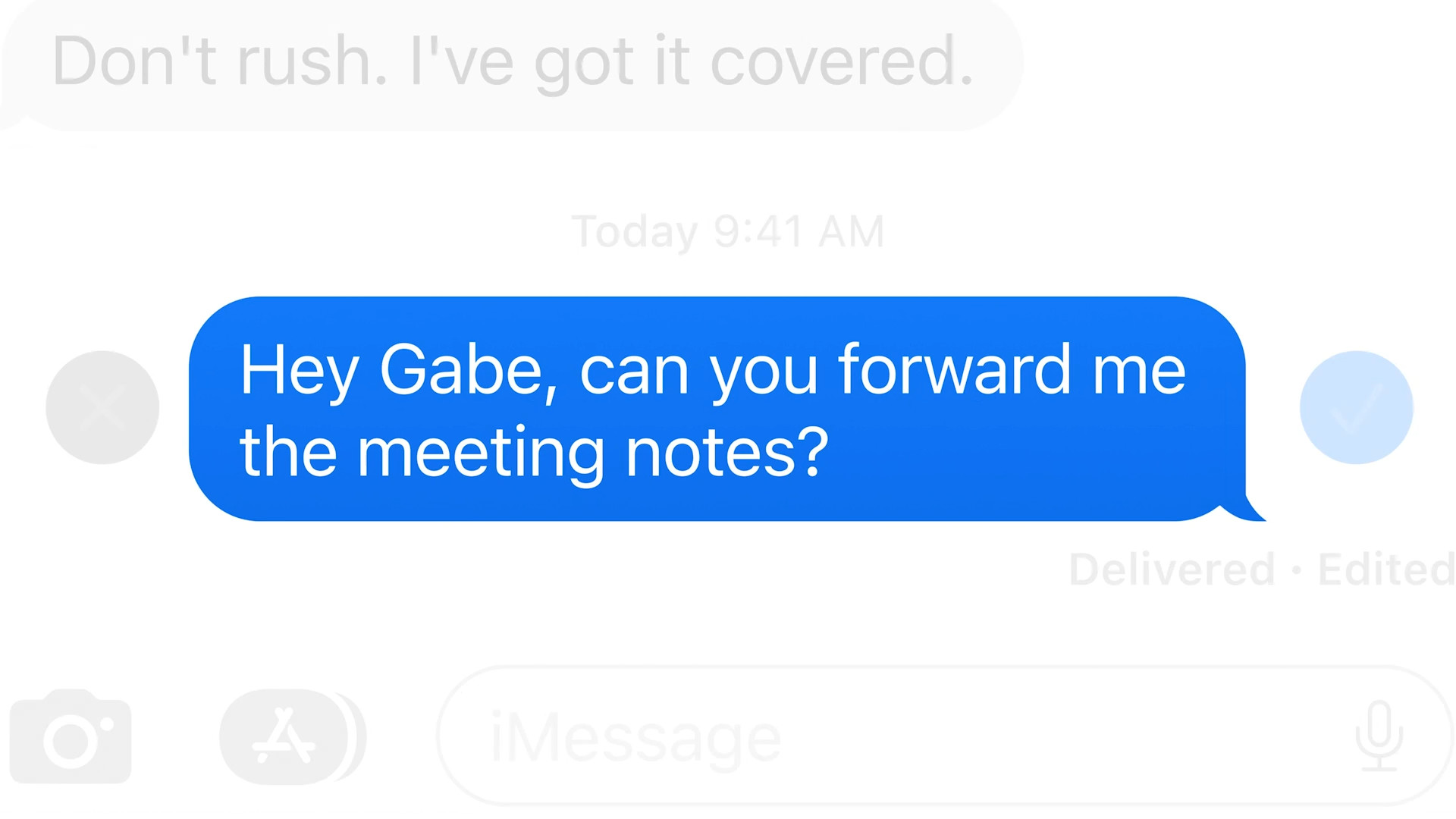
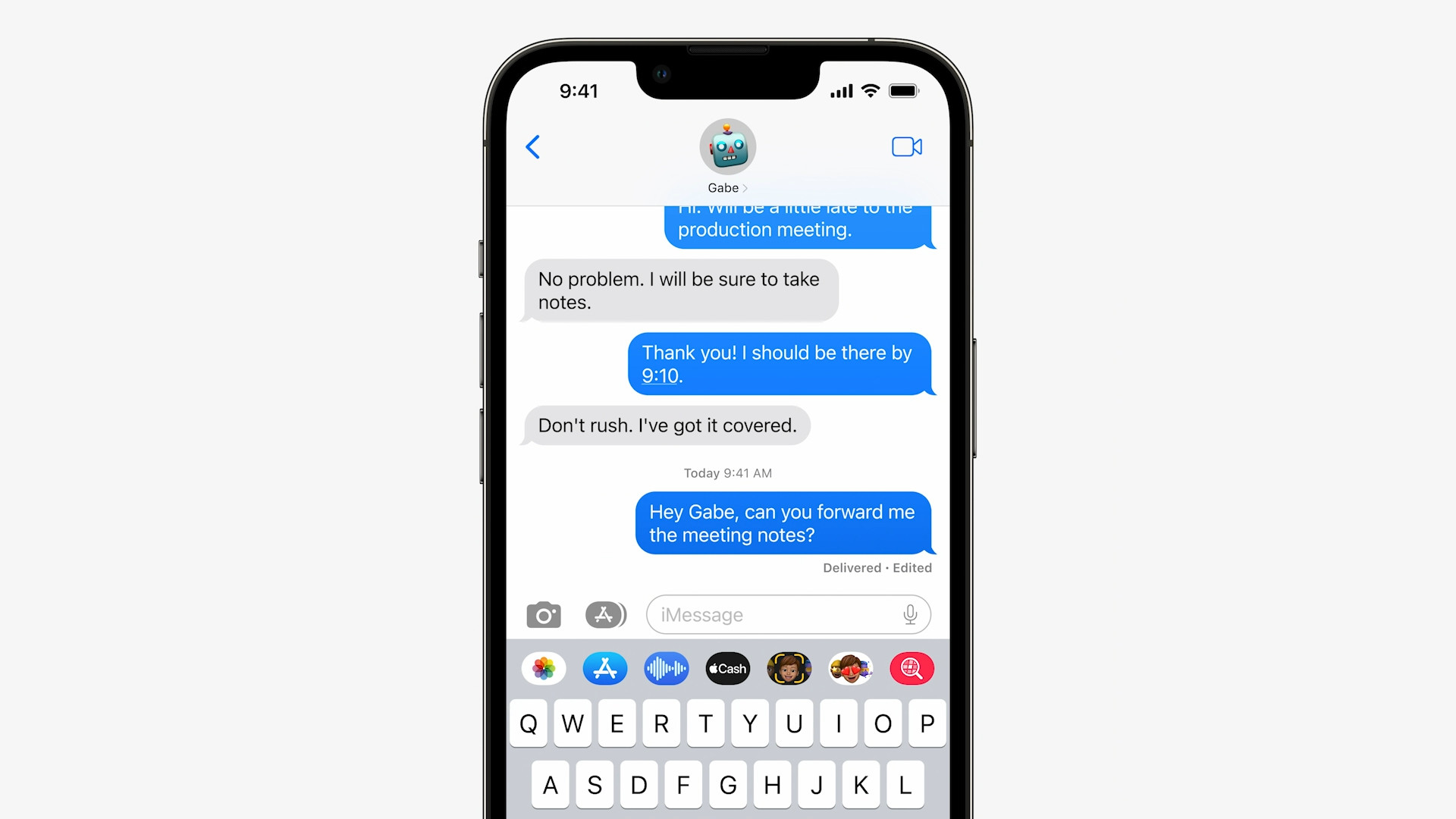
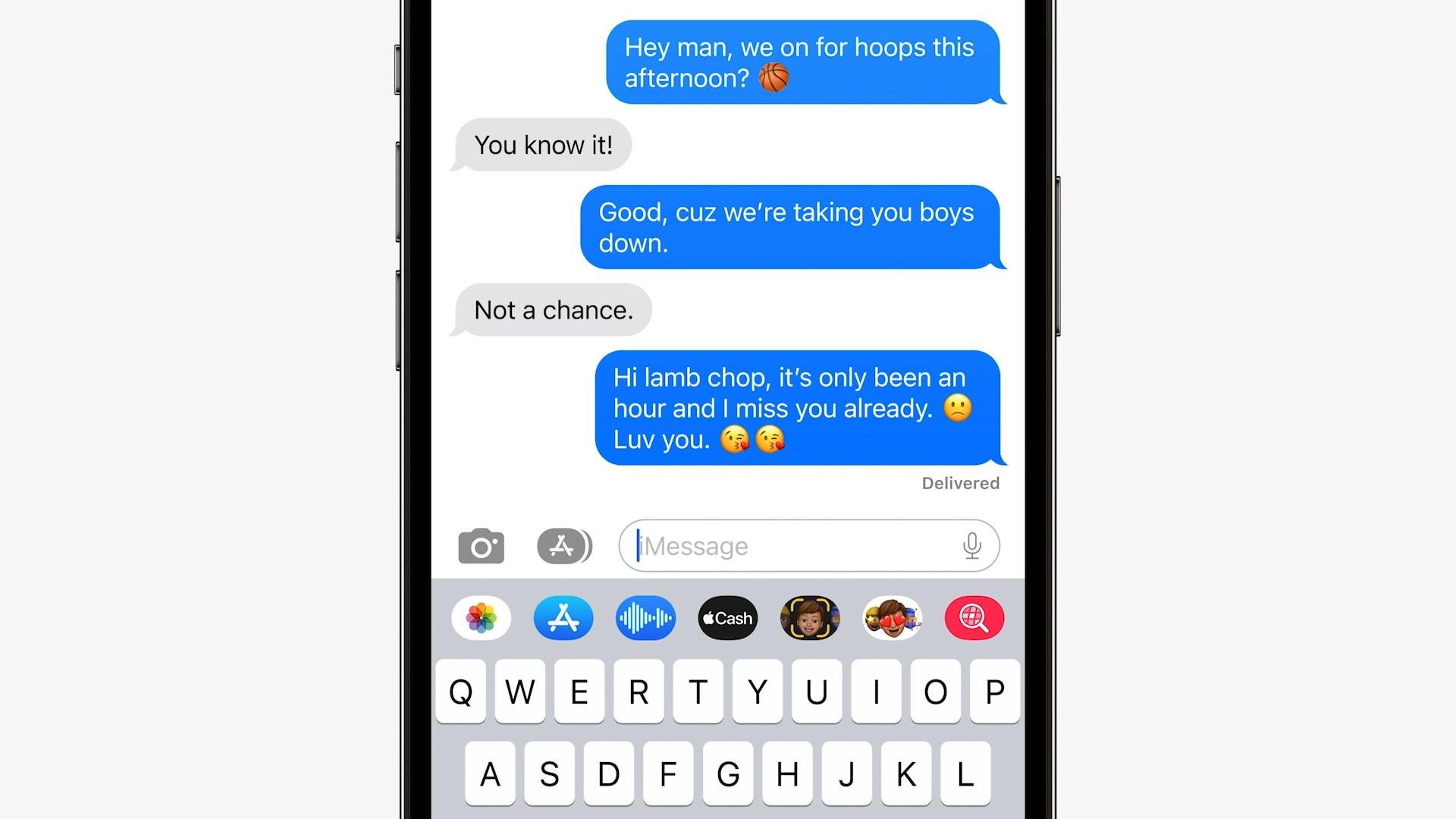

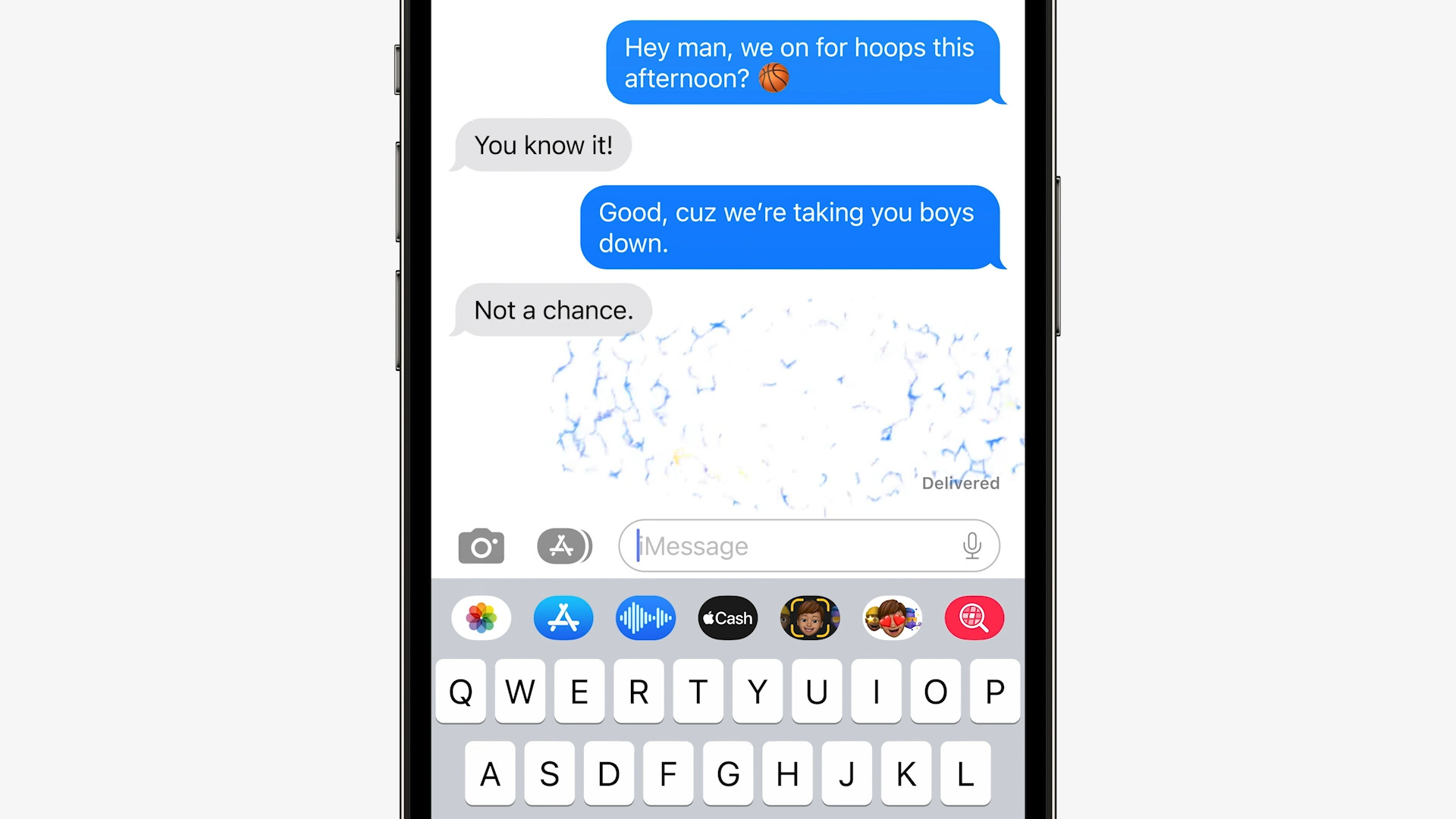
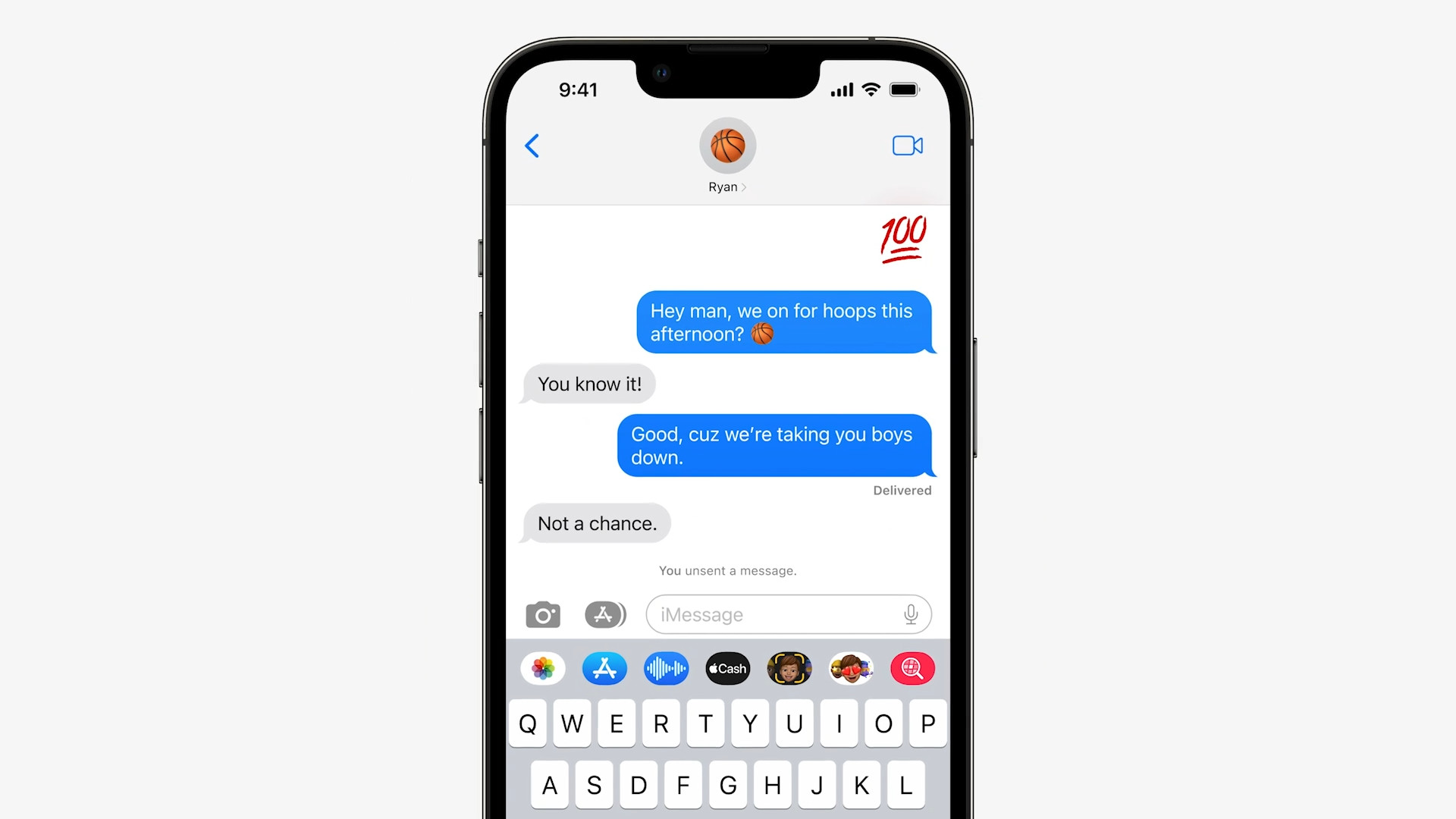
Apple could easily update individual applications, but it is more advantageous for it to package everything in one package and release it as a whole as part of an update.
The possibility of updating may be conditioned by minimum HW requirements.
Whereas, if he updated the applications separately, it would be quite strange that, for example, applications: notes, clock, calendar and calculator, which have no effect on the demands of the iPhone/iPad, will not be received by the owners of older devices with the fact that the iPhone/iPad is low in performance side weak.